PALS in Practice
We know that the quality of IPC standards in hospitals depends on many factors beyond IPC knowledge and infrastructure. PALS adds a social lens to the technical and fact-based understanding of IPC and focuses on interpersonal relationships at all levels of hierarchical status groups and professional cadres. The health facility is seen as a vital social system and IPC practice is understood as a social negotiation among the actors. Technical IPC knowledge orients IPC improvement activities and becomes contextualized by translating it into concrete local practice. We call this the “Systemic View”, one of the core concepts of PALS. Beside the social relational aspect, it takes into consideration the infrastructure of work conditions, the organisation of work and other factors which influence the quality of IPC practice.
PALS envisages that health care workers and their health facility leadership work together and guide the local IPC improvement in a participatory way and thereby successively foster a new working culture including new ways of communication and shared decision-making. Respectful collaboration, a correction-friendly work atmosphere and transparency in processes are practiced and spread on ground. All actors are listened to and get involved in the understanding and defining of IPC needs and priorities of change. This working culture creates motivation, commitment, and ownership. Local experts and local conditions are at the core of all activities.. The concept behind is called “Participatory Approach”, the second core concept of PALS.
Participatory or collaborative practice is rooted on teams who are integrated in the health facilities’ IPC structures. Teams work together to stimulate the change process by constantly engaging and inviting colleagues to participate in all stages of the IPC improvement process. The team of PALS actors serves as a safe space to exercise PALS skills and attitudes.
Small steps of participatory and systemic IPC engagement sometimes led to big successes
Images and stories from the first cycle of Change Agent trainings (2022):
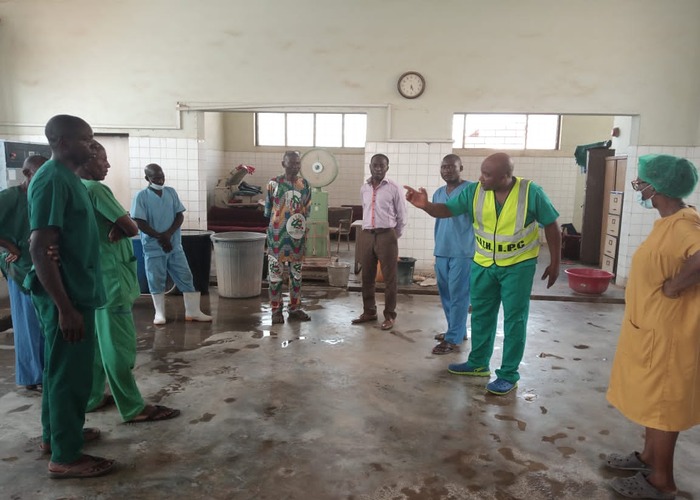
Improved collaborations among the team of Change Agents and their colleagues, who explain their needs for better working conditions and get engaged in the IPC improvement process.
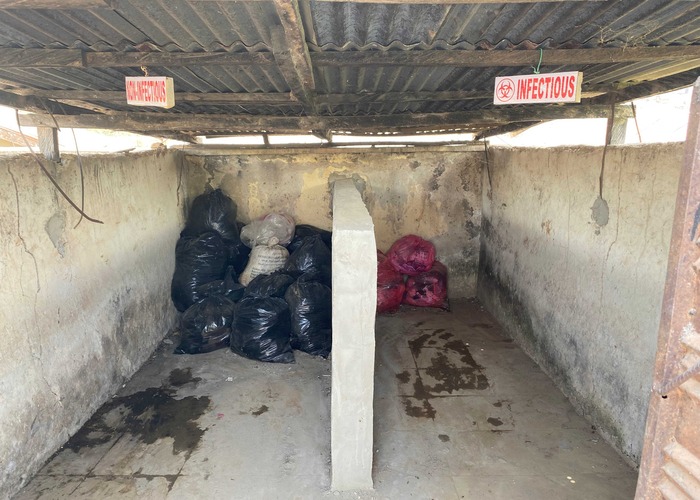
A seemingly simple wall built at the dumpsite to separate infectious from non-infectious waste, can make a big difference to waste handlers and cleaners in understanding IPC standards and consequently behaving accordingly.
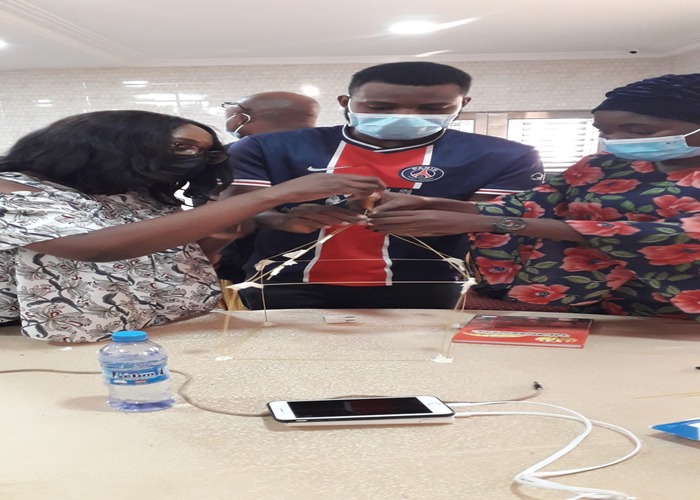
Improved communications between teams of CA
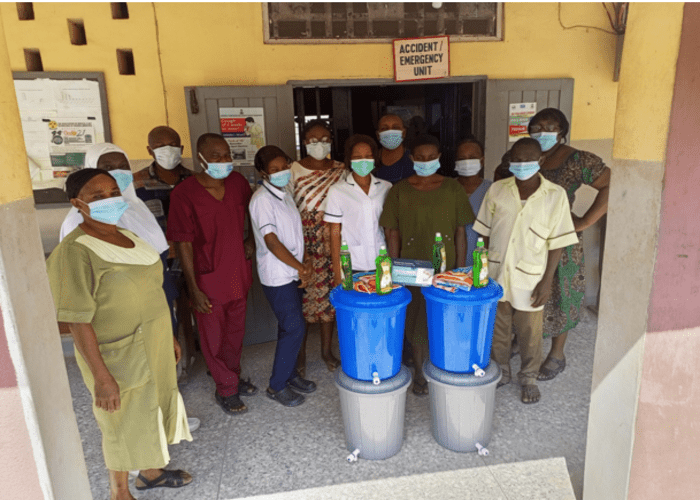
A palsy step-down hand hygiene training enables and encourages a cleaner to raise an IPC issue in front of doctors and nurses for the first time
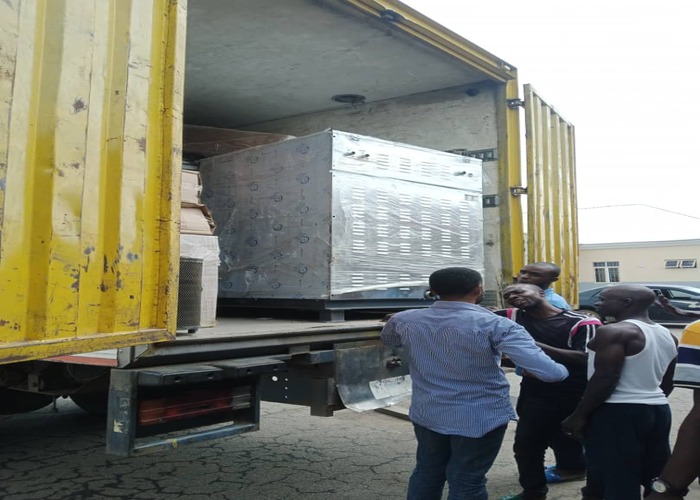
Procurement of washing machines and the renovation of a laundry unit not only make the work of laundry staff easier, safer and more effective, but also restore a sense of dignity to a group of professionals that has been overlooked in their complaints for years.
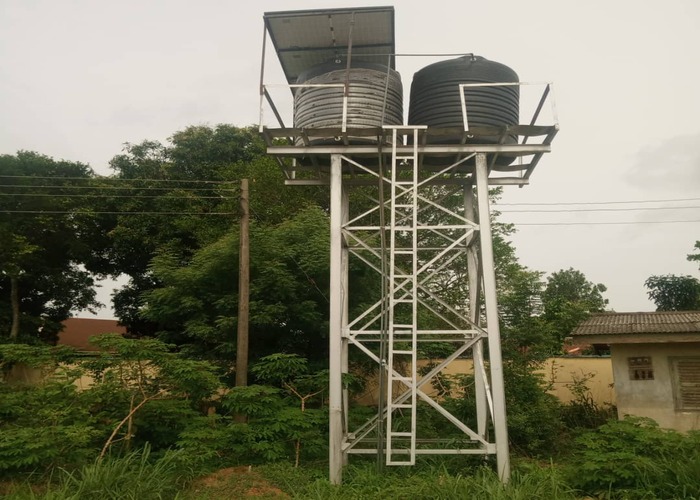
A health facility moves from a state of no WASH infrastructures, to having newly installed facilities for water supply. Solar powered borehole sunk in the facility with reticulation ongoing in addition to the well water”. (GH Ezzamgbo activity report)-Ebonyi
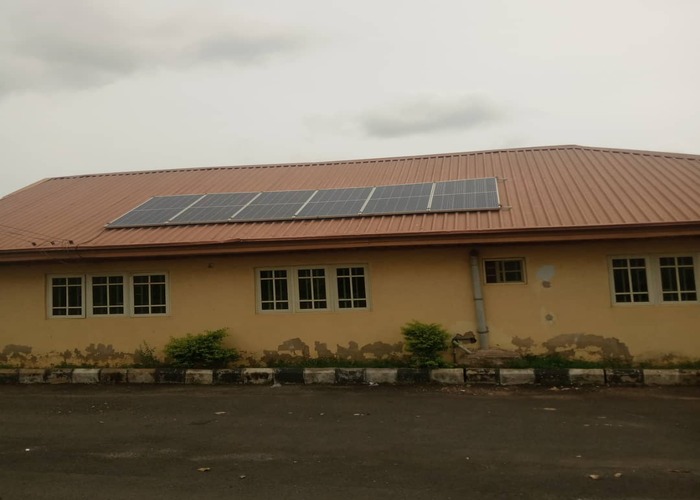
A solar panel brings light back to a health facility after years of darkness due to lack of electricity.
Totally Renovated Laundry
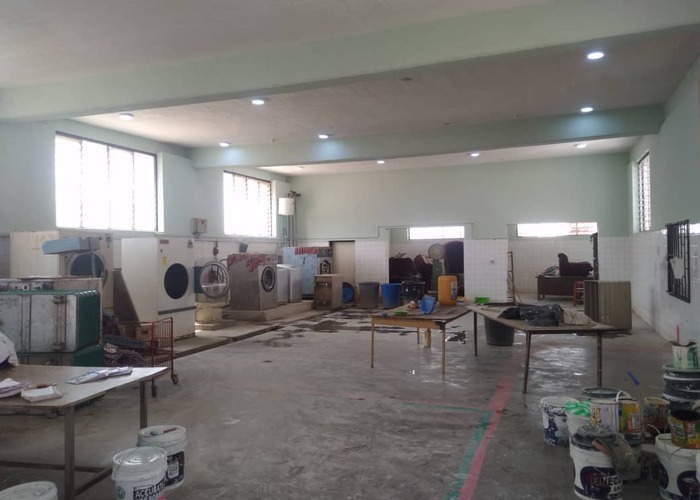
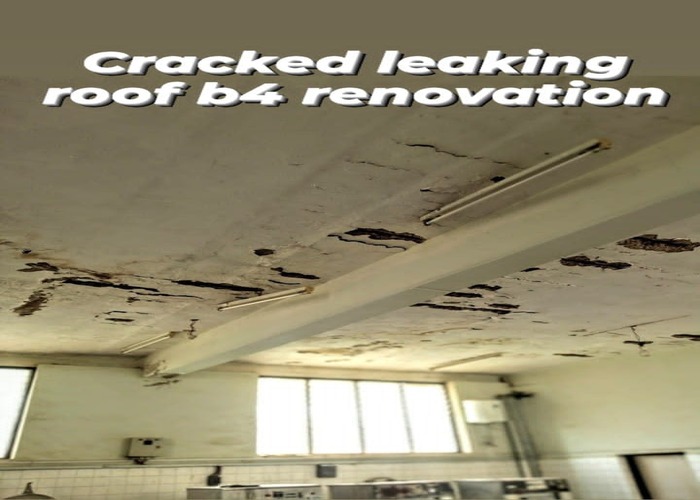
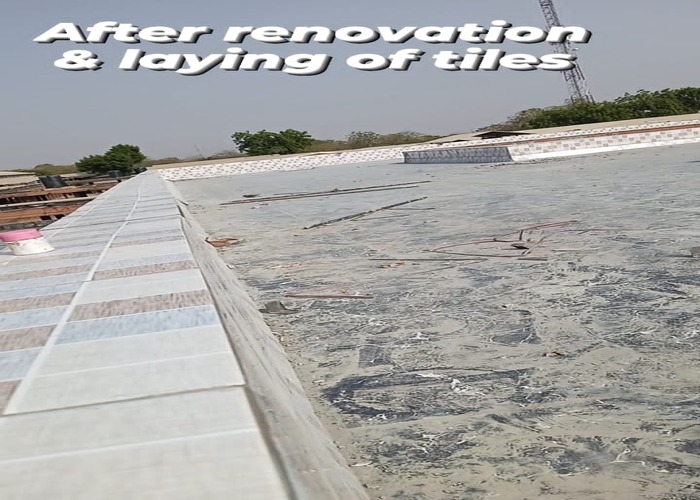
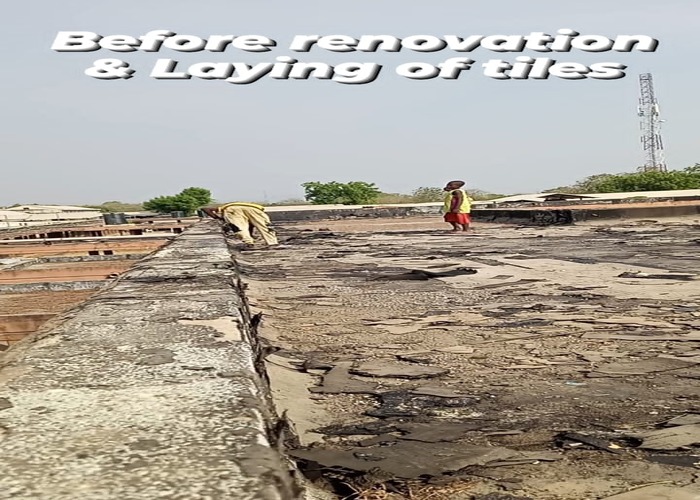
In the first cycle of Change Agent trainings (2022), small “palsy” steps in starting improvement processes have led to big infrastructure changes as depicted in the above photos.
Community of Practice and peer-to-peer learning: PALS change processes go on
During the mentoring period of the training implementation in 2022, a majority of the Change Agents indicated that a continuous ongoing mentoring or networking would be essential in sustaining the practice of the approach and the benefit that it offers. Some Change Agents from the 2022 cohort organized themselves in some way following the closure of their training programme and continued to meet regularly with the support of their mentors.
The NCDC plans to provide an enabling environment for PALS IPC practitioners to pitch their learnings and support one another in promoting standard and quality process-oriented IPC practice across their facilities.